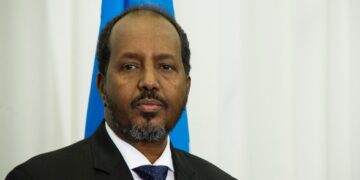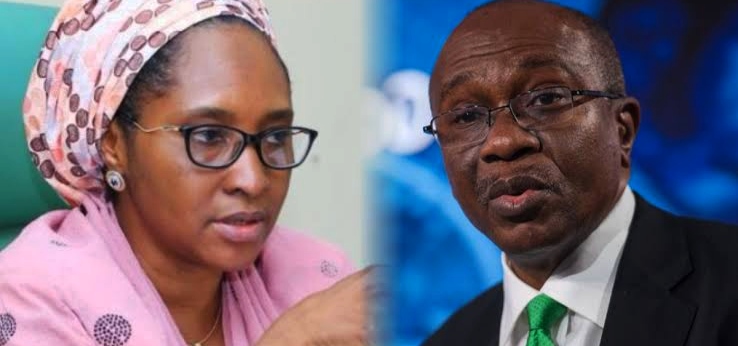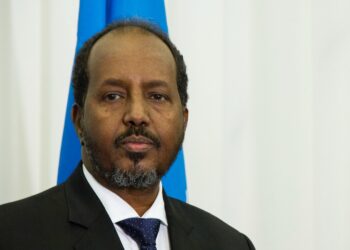By John Ikani
The Central Bank of Nigeria (CBN) has insisted that it followed the law and due process in its ongoing process to redesign the N200, N500, and N1,000 banknotes.
The spokesman for the CBN, Osita Nwanisobi, made this known on Friday night in response to the Minister of Finance, Budget and National Planning, Zainab Ahmad, that her ministry was not carried along by the apex bank.
Ahmed had told the Senate committee on Friday that CBN Governor Godwin Emefiele should be invited to explain the purpose of the new naira notes as she only read about the move in the media like everyone else.
She also faulted the process, describing the move to redesign the notes as ill-timed and that it will significantly affect the Nigerian Currency.
However, the spokesman of the apex bank, Osita Nwanisobi in a statement, argued that CBN followed due process as far as redesigning three series of the naira is concerned.
According to Nwanisobi, the Management of the CBN, in line with provisions of section 2(b), section 18(a), and section 19(a)(b) of the CBN Act 2007, had duly sought and obtained the approval of President Muhammadu Buhari in writing to redesign, produce, release and circulate new banknotes.
Furthermore, he noted that currency management in the country had faced several escalating challenges which threatened the integrity of the currency, the CBN, and the country.
He added that every top-rate Central Bank was committed to safeguarding the integrity of the local legal tender, the efficiency of its supply, as well as its efficacy in the conduct of monetary policy.
On the timing of the redesign project, Nwanisobi explained that the CBN had even tarried for too long considering that it had to wait 20 years to carry out a redesign, whereas the standard practice globally was for central banks to redesign, produce and circulate new local legal tender every five to eight years.
He assured Nigerians that the redesign will deepen Nigeria’s push to entrench a cashless economy in the face of increased minting of the eNaira, help to curb the incidents of terrorism and kidnapping, amongst others.




































